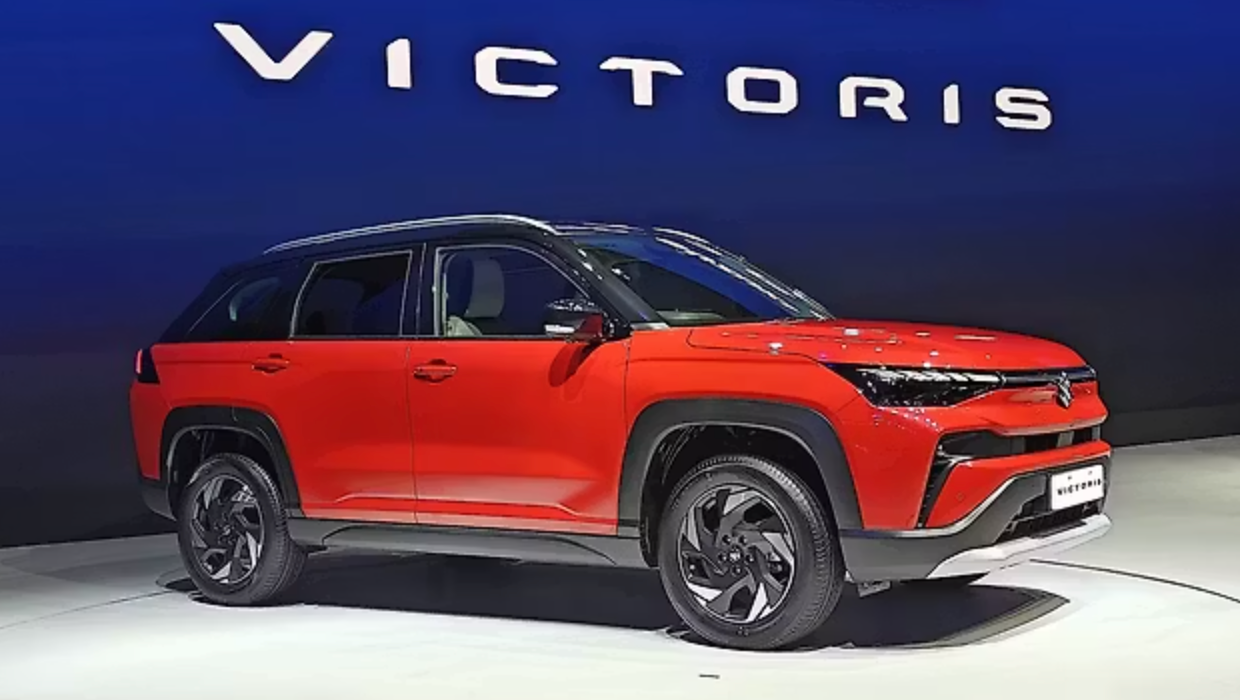Ford decided to create its own production of batteries for electric vehicles
Following the example of Tesla, large automakers are beginning to develop their own production of traction batteries. The American corporation Ford Motor is also ready to follow this trend, which until recently stated that it is more profitable to buy batteries on the side at a modest rate of electrification. Now, the company’s head said that Ford would need enterprises to produce large quantities of batteries.

Ford Motor CEO Jim Farley, who took office last fall, has taken a more aggressive course towards electrifying the lineup. Last week, according to The Wall Street Journal, the head of the automaker called the electrification of the car fleet “a game-changer” in terms of the range of models. Ford Motor will need a significant number of traction battery businesses, he said.
This week, Ford officials announced the company’s intentions to build a $ 185 million research facility in southeastern Michigan next year to develop advanced battery types. Over time, production will also be established for the use of battery cells in the products of the auto concern. In the first phase, Ford is forced to rely on third-party suppliers. For example, the Korean company SK Innovation will supply batteries for the F-150 family of pickups, which will enter the market next year.
GM this month announced plans to build a traction battery facility with LG Energy Solution in Tennessee. A similar facility will be built in Ohio, which will begin operations next year. Volkswagen intends to build six battery factories across Europe and expand cooperation with the Swedish company Northvolt AB.
The shift in policy at Ford Motor is attributable to two factors. First, the inevitable electrification of the vehicle fleet is forcing the manufacturer to take control of battery production to achieve a more stable supply and reduce costs. Secondly, the pandemic has shown the vulnerability of international cooperation in the automotive industry. Now companies are trying to achieve greater independence in terms of access to key auto components.




